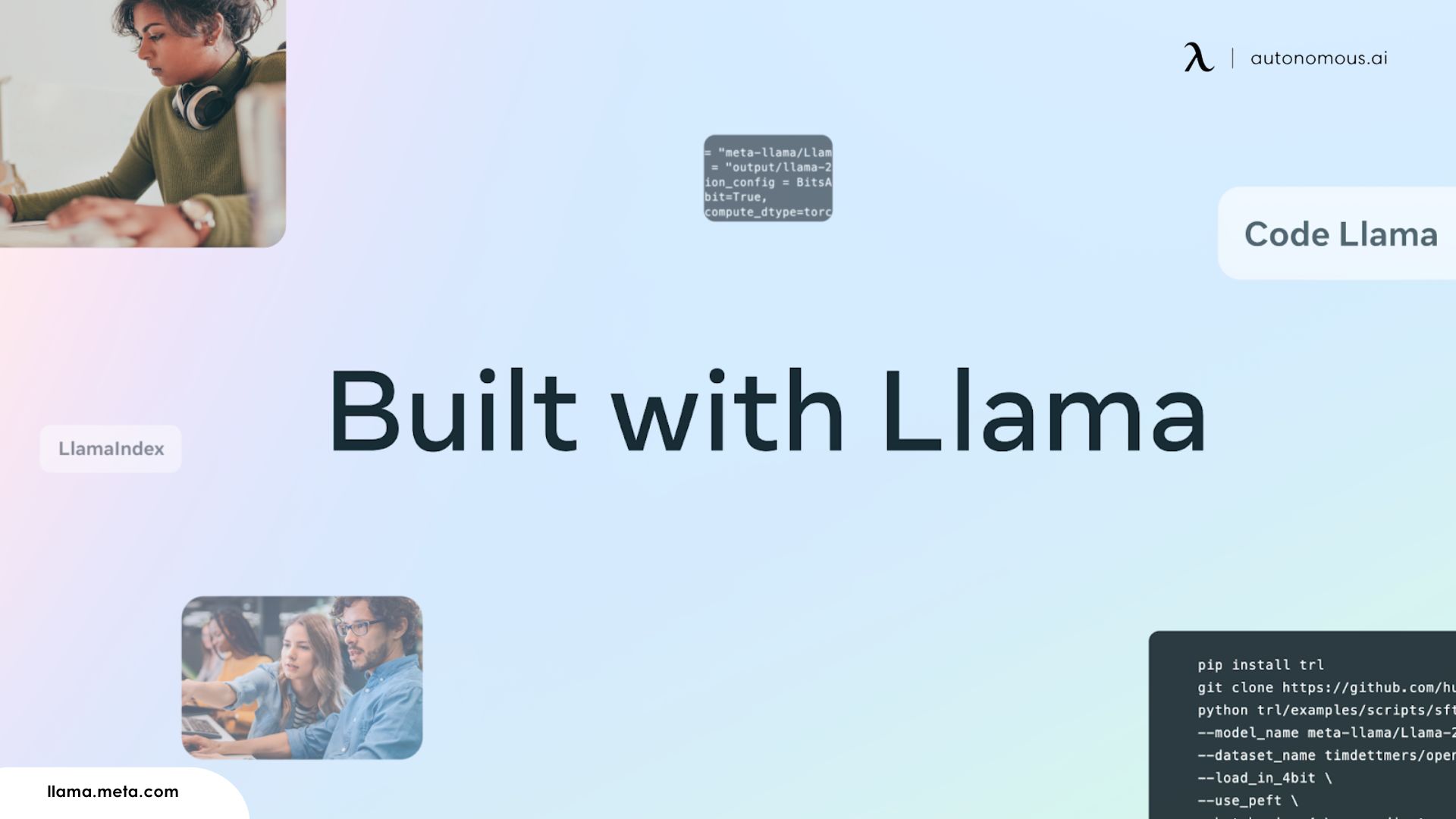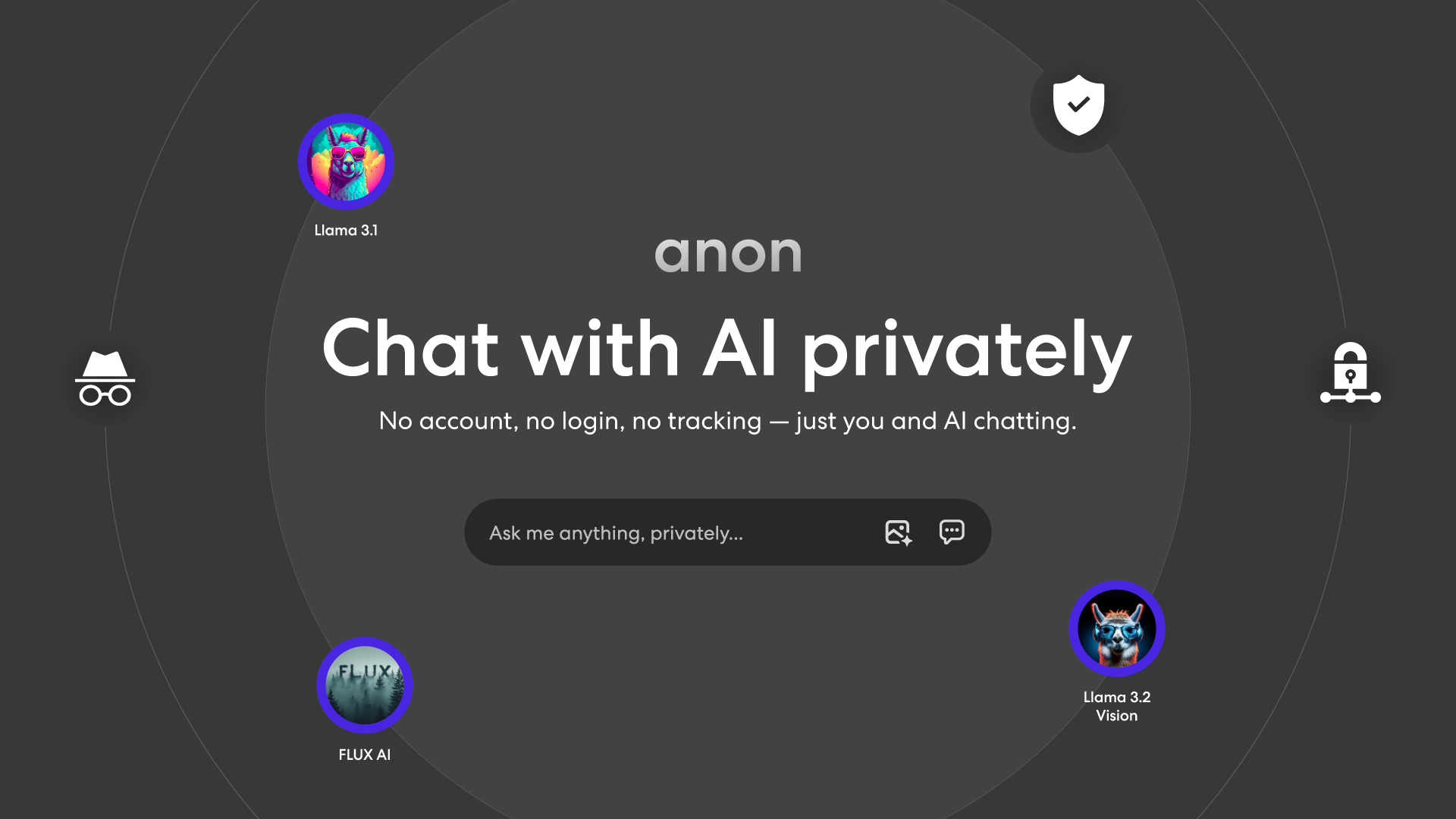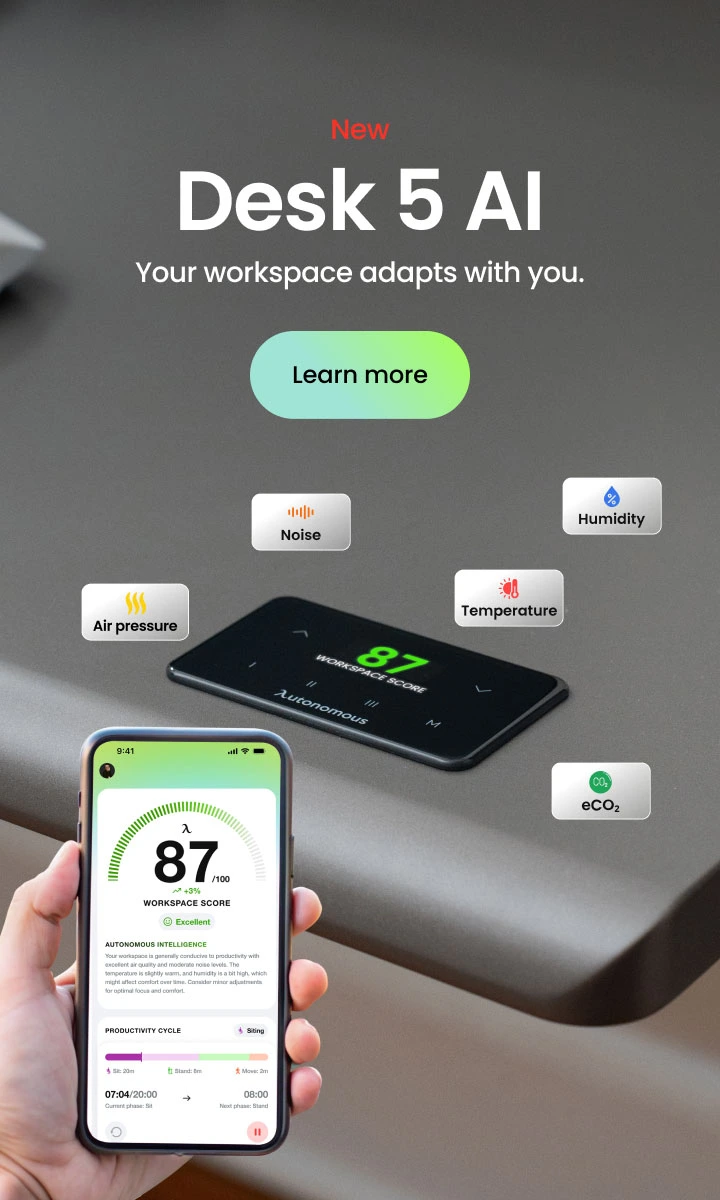
LLAMA 3 vs. GPT-4 vs. GPT-4-Turbo: Which AI Model Fits Your Needs Best?
Table of Contents
- 1. Model Architecture and Size
- 2. Performance and Speed
- 3. Cost and Accessibility
- 4. Privacy and Data Control
- 5. Adaptability and Fine-tuning
- 6. Multimodal Capabilities
- 7. Safety and Restrictions
- 8. Use Cases: Which Model is Right for You?
- 9. Security Implications for Enterprise Use
- 10. Take Control with Anon: Your Private and Powerful AI Companion
- Conclusion
As artificial intelligence continues to advance, the variety of AI language models available makes it crucial to understand their unique features and use cases. In this post, we’ll dive deep into three leading AI models: LLAMA 3, GPT-4, and GPT-4-Turbo (GPT-4o). We’ll explore their architecture, performance, privacy capabilities, and other essential factors to help you decide which model best fits your needs.
1. Model Architecture and Size
LLAMA 3: Created by Meta, LLAMA 3 is an open-source model available in large parameter sizes, such as the 405 billion-parameter version. This extensive size allows for nuanced responses and complex text generation, though it demands higher computational power.
GPT-4: OpenAI’s GPT-4 model architecture isn’t fully disclosed, but it’s known for its optimized performance in handling intricate tasks. Although potentially smaller than LLAMA 3, it remains competitive in a broad range of applications.
GPT-4-Turbo (GPT-4o): Designed by OpenAI to be a faster, cost-effective version of GPT-4, GPT-4-Turbo offers a similar parameter count but is optimized for speed and affordability. This makes it especially appealing for applications that require high volume or real-time interactions.
2. Performance and Speed
LLAMA 3: With its large parameter size, LLAMA 3 excels in accuracy for specific tasks, though it may be slower than GPT-4-Turbo when deployed on less powerful hardware.
GPT-4: Known for delivering accurate, nuanced responses, GPT-4 performs well in complex tasks requiring long-term context retention and detailed understanding. It might, however, respond more slowly than GPT-4-Turbo.
GPT-4-Turbo (GPT-4o): Optimized for speed, GPT-4-Turbo is faster and slightly less expensive to use, making it suitable for time-sensitive applications where immediate responses are critical.
3. Cost and Accessibility
LLAMA 3: As an open-source language model, LLAMA 3 can be downloaded and deployed on private infrastructure, allowing for full customization without recurring usage costs. However, running it locally can be resource-intensive.
GPT-4: Accessible via OpenAI’s API, GPT-4 offers high-quality outputs at a higher cost than LLAMA AI but is popular for commercial applications that prioritize accuracy over expense.
GPT-4-Turbo (GPT-4o): OpenAI’s GPT-4-Turbo is a more affordable option for high-volume tasks, offering businesses a balance between quality and cost-efficiency.
4. Privacy and Data Control
LLAMA 3: LLAMA 3 is open-source and can be deployed locally, allowing for maximum data privacy. This makes it highly suitable for sensitive applications in finance, healthcare, and more.
GPT-4: Operated through OpenAI’s cloud, GPT-4 may store interactions (anonymized) to improve the model. Although it follows strict privacy protocols, it might not meet the compliance needs of certain privacy-focused organizations.
GPT-4-Turbo (GPT-4o): Like GPT-4, GPT-4-Turbo processes data through OpenAI’s servers, where data privacy is subject to OpenAI’s policies. This model’s structure doesn’t allow for on-premises deployment, which may be a drawback in privacy-critical applications.
5. Adaptability and Fine-tuning
LLAMA 3: Being open-source, LLAMA 3 allows extensive fine-tuning on custom datasets for specialized industry needs, making it ideal for developers looking to build targeted, adaptable AI solutions.
GPT-4: OpenAI offers limited fine-tuning capabilities, though it’s more controlled compared to LLAMA. This model is optimized for general use and fits applications that don’t require extensive customization.
GPT-4-Turbo (GPT-4o): Like GPT-4, it allows limited fine-tuning but focuses more on lightweight, high-speed interactions. GPT-4-Turbo is favored in high-traffic environments where real-time adaptability is more critical than deep customization.
6. Multimodal Capabilities
LLAMA 3: LLAMA 3 is a multimodal model capable of both text and image processing, providing more versatility for use cases that require a combination of visual and text-based responses.
GPT-4: Available in a multimodal version, GPT-4 can interpret text and image inputs effectively, making it a powerful choice for applications blending these formats.
GPT-4-Turbo (GPT-4o): GPT-4-Turbo also handles text and image inputs, optimized for fast response times, making it a great fit for real-time customer service or interactive platforms.
7. Safety and Restrictions
LLAMA 3: With minimal built-in restrictions, LLAMA 3 provides users the freedom to generate content with fewer filters. However, this may necessitate additional safety checks to prevent potentially harmful outputs.
GPT-4: Built with extensive content moderation, GPT-4 adheres to OpenAI’s ethical guidelines, providing safer, more controlled outputs for general use cases. These restrictions make it more suitable for applications where compliance is essential.
GPT-4-Turbo (GPT-4o): GPT-4-Turbo includes similar moderation protocols, making it safe for a wide range of real-time applications that demand responsible, ethical output.
8. Use Cases: Which Model is Right for You?
LLAMA 3: Ideal for developers and organizations needing extensive control, privacy, and customization. It works best in environments requiring local data handling and industry-specific fine-tuning, such as healthcare, finance, and specialized research.
GPT-4: The go-to choice for high-quality applications where accuracy and safety are prioritized, GPT-4 is well-suited for customer service, detailed content generation, and scenarios where nuanced conversation handling is essential.
GPT-4-Turbo (GPT-4o): Designed for speed and affordability, GPT-4-Turbo is perfect for real-time customer support, high-volume chatbots, and any application where fast, cost-effective responses matter more than ultra-detailed comprehension.

9. Security Implications for Enterprise Use
When choosing an AI model, security and privacy considerations are critical, especially for enterprises handling sensitive data. Here’s how LLAMA 3, GPT-4, and GPT-4-Turbo stack up regarding security:
LLAMA 3: Since LLAMA 3 is open-source and can be hosted on private servers, enterprises gain full control over data storage and processing, ensuring compliance with strict security standards, such as GDPR and HIPAA. Hosting it locally allows organizations to customize security protocols, which can be especially beneficial for sectors like finance and healthcare, where regulatory requirements are paramount. This approach aligns with the trend of private AI, where private AI companies prioritize secure and localized data processing solutions. However, running LLAMA 3 locally demands significant computational resources, making it resource-intensive. For sectors like AI in private equity, LLAMA 3 offers robust capabilities while maintaining strong data governance.
GPT-4 and GPT-4-Turbo: Both of these models are accessed through OpenAI’s cloud, where data is handled according to OpenAI’s security policies. OpenAI adheres to strict data privacy protocols, including data anonymization and encryption, but the processing still occurs on OpenAI’s servers. For industries with strict data regulations, this may raise concerns since the data exchange with external servers can pose compliance risks.
GPT-4-Turbo has an added advantage for businesses needing real-time responses due to its optimized speed and cost-effectiveness. However, since it is still hosted externally, it may be best for applications where real-time insights are prioritized over strict data residency requirements.
For organizations prioritizing data sovereignty and complete control over their information, LLAMA 3’s self-hosting option remains the most secure. Meanwhile, GPT-4 and GPT-4-Turbo offer robust security protocols but may not meet compliance needs for industries with stringent data privacy requirements.

10. Take Control with Anon: Your Private and Powerful AI Companion
If data privacy and the freedom to express your ideas are important to you, consider using Anon—an AI chat platform designed with privacy at its core. Anon empowers users with the anonymity and security they need for uninhibited, creative interactions. Here’s what Anon offers:
Private and Anonymous Chats: Say goodbye to accounts, logins, and tracking. With private AI chat through Anon, your conversations are stored only on your device, protected with encryption, so your data stays secure. Anon combines secure, private chat with powerful tools like its private AI image generator, ensuring that even your creative outputs remain confidential. It’s also among the safest chat rooms available, offering a trusted environment for privacy-focused users.
Judgment-Free Conversations: Anon allows you to express yourself without worry. It’s a safe space for honest, open discussions and creative exploration, free from the restrictions of traditional chatbots.
Advanced AI Technology: Powered by Meta’s LLAMA 3.1 405B, LLAMA 3.2 Vision (the first open-source multimodal LLM), and FLUX.1 (a next-generation image generator), Anon brings cutting-edge capabilities right to your fingertips:
- Image Generation: Create unique visuals seamlessly.
- Question-Answering: Get accurate and insightful responses.
- Image Understanding: Combine image inputs with text for nuanced interactions.
- Data Analysis: Perform sophisticated analysis for in-depth insights.
Bridge to Insight and Innovation: Anon is more than a chatbot. It’s a tool for creativity and ideation, offering features like writing assistance, idea generation, and more to help you explore, create, and achieve.
Whether you're brainstorming your next big idea, conducting private research, or simply enjoying a conversation, Anon is your secure, powerful AI companion—designed to protect your thoughts and privacy.
Conclusion
Choosing the right model—LLAMA 3, GPT-4, or GPT-4-Turbo—depends on your project’s unique needs. If privacy and adaptability are your top concerns, LLAMA 3’s open-source model is a solid choice. For projects requiring safe, nuanced interactions, GPT-4 shines as a robust option. Finally, if you prioritize speed and budget, GPT-4-Turbo offers impressive performance at a lower cost.
Each of these models serves a different purpose, allowing you to choose the right one based on the balance of cost, performance, and privacy best suited to your application.
For businesses looking to enhance customer engagement, exploring AI for live chat can streamline support and improve user experience, providing real-time assistance while maintaining a high level of security.
Spread the word
.svg)








